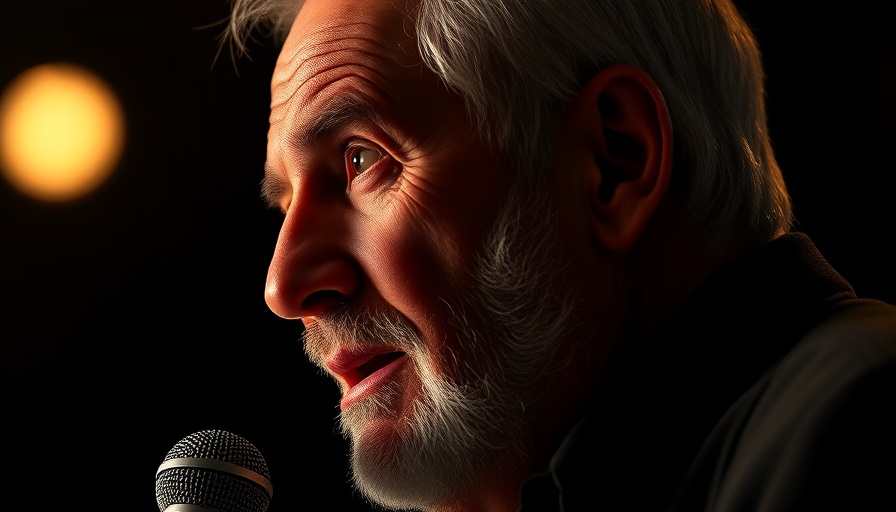
Trump's Digital Campaign: A Numbers Game
In the constantly evolving landscape of digital media, social media has emerged as a pivotal frontier in political strategy. The Trump administration's recent focus on new media channels illustrates this trend, aiming to bypass traditional media barriers and connect with a broader audience.
Impressive Impressions and Followers
In its first 100 days, President Trump's administration reported staggering numbers regarding their social media outreach. The White House account on X, a platform closely associated with Trump himself, racked up over 2 billion impressions. When factoring in 40 affiliate accounts, the total jumps to a staggering 6 billion impressions—an indicator of the administration's significant influence online.
Moreover, Trump’s team also boasted a remarkable net gain of 2 million followers on Facebook, with reach extending to an impressive 86.2 million accounts. This staggering growth shows their adeptness in leveraging social media, a reflection of a broader effort to engage with young voters who increasingly obtain information from non-traditional platforms.
Strategic Utilization of Instagram and YouTube
The administration's social media strategy doesn't stop at X and Facebook. On Instagram, Trump's White House reported an eye-popping 804 million views, proving that visuals resonate with audiences across age groups. Similarly, YouTube proved to be a useful tool, adding 366,400 new subscribers and achieving 35 million views on White House videos.
This multi-platform approach aligns with the strategy once employed on the campaign trail, revealing a deliberate attempt to reinforce messaging and presence across a range of digital touchpoints. By utilizing platforms where younger demographics spend their time, they aim to cultivate direct connections, transcending the narratives often presented by traditional media outlets.
The Importance of Digital Media in Modern Politics
In today's political climate, social media is not just an optional tool; it has become essential. With the decline of trust in traditional news sources, platforms like X, Facebook, Instagram, and YouTube are positioned as primary channels for information dissemination. Candidates are increasingly aware of the importance of maintaining a strong online presence, as a sizable portion of the electorate engages with political content digitally.
This evolution is as much about media strategy as it is about understanding audience demographics. The Trump administration's recent social media performance exemplifies a broader trend that all political campaigns must embrace: the ability to communicate effectively in a digital-first world.
Future Predictions: The Evolving Role of Social Media in Politics
Looking forward, the relevance of social media in political campaigns can only be expected to grow. Experts predict that candidates will increasingly depend on digital strategies to target specific demographics and craft tailored messages that resonate with different segments of the electorate.
The success of Trump’s initial foray into social media highlights the potential for candidates who can adeptly navigate these platforms. It will be intriguing to watch how upcoming elections evolve as older methods of communication fade amidst the democratizing force of digital interaction.
Conclusion: Unlocking Your Brand Voice
In a world where social media serves as a vital link between leaders and the public, understanding its power is crucial for anyone looking to make an impact. If you're interested in enhancing your presence in this digital arena, consider taking the next step—Book Your Brand Voice Interview Now! Your unique perspective deserves to be heard and shared with a wider audience.
 Add Row
Add Row  Add
Add 




Write A Comment